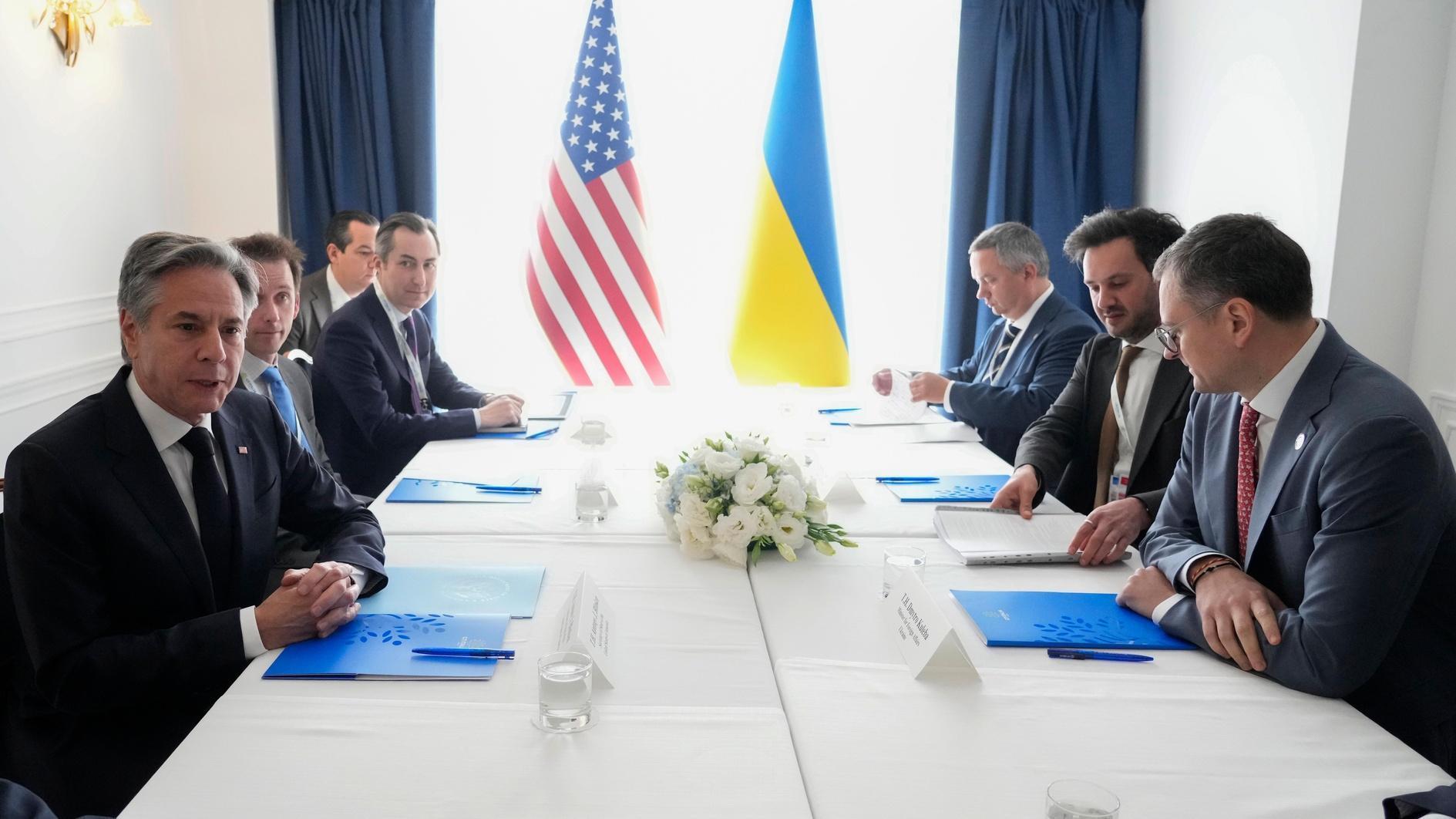Political uncertainty dampens eurozone business activity: survey
BRUSSELS - Agence France-Presse

AFP photo
Political and economic uncertainty dampened eurozone private sector business activity in June, a closely watched survey showed on June 23.Data monitoring company Markit did not cite Britain’s EU referendum as the specific cause of the downturn but the vote, which opened on June 23, has roiled sentiment already hit by concerns over the outlook for the U.S. and Chinese economies.
Markit said its June Composite Purchasing Managers Index (PMI) fell to 52.8 points, a 17-month low, from 53.1 in May.
The PMI measures companies’ readiness to spend on their business and so gives a good idea of how the underlying economy is performing.
Any reading above the boom-bust 50 points line indicates the economy is expanding.
Markit said the June figures rounded “off the worst calendar quarter since the fourth quarter of 2014 amid signs of political and economic uncertainty dampening business activity.”
Markit chief economist Chris Williamson said the outcome pointed “to steady though disappointingly lackluster economic growth.”
“Rising political uncertainty appears to have caused the pace of expansion to weaken slightly and business confidence about the outlook to deteriorate,” Williamson said.
The 19-nation eurozone economy would likely grow just 0.3 percent in the three months to June, down from 0.6 percent in the first quarter, he added.
Stephen Brown at Capital Economics said the PMI report was worse than the expected 53-points reading, likely reflecting the impact of strikes in France and the British EU referendum.
“Overall, the drop in the eurozone Composite PMI to a 17-month low will be worrying news for policymakers,” Brown said.
“The PMI has been weakening for some time, suggesting that even if the UK votes to remain in the EU, a strong rebound is unlikely.”
















